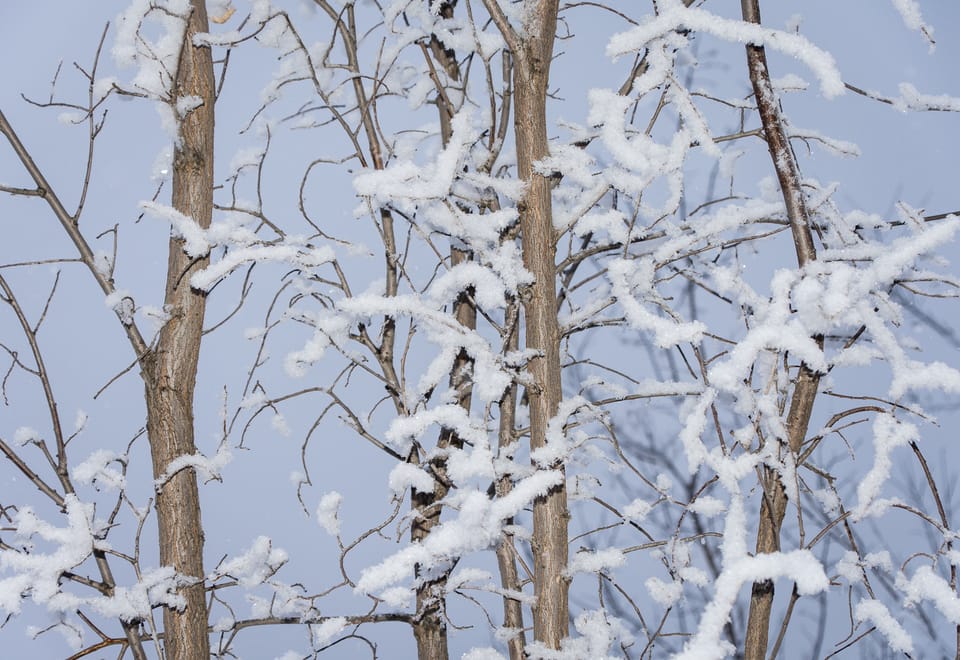EcoWest News, January 9, 2024

Welcome to EcoWest News, a weekly round-up of news and resources that you can put to use in addressing environmental issues and protecting the wild in your community.
Across the West
Researchers at UBC are creating building materials out of oyster mushrooms and other edible fungi, starting with a composting toilet and a honeycomb-shaped bench. [Biogenic Architecture Lab]
Fort Nelson First Nation are planting trees in seismic corridors to eliminate easy routes for prey to attack caribou. [The Narwhal]
Coming full circle: cities like Winnipeg are returning to electric public transit. [The Narwhal]
A photographer producing a film on the Atlantic Flyway reports on his trip through the Manitoba boreal forest. [Audubon]
Lorne Fitch, Alberta, says, “The frontier of easy, reliable, abundant and engineered water is at an end. This is not the end of our world but it’s time to be smarter, more conscious of the changes and better stewards of what water is available. This might start with recognition that irrigation expansion is a dream that cannot be fulfilled.” [Edmonton Journal]
Around the World
A carbon offset project aimed at tourists visiting Alaska helps buy heat pumps for locals. [Grist]
“The electric power sector needs to quit fossil fuels, cold turkey. And that requires massive investments in new power sources and innovation to remake the grid for a carbon-free world,” including cranking up battery storage capacity and bidirectional EV charging capacity. [High Country News]
DIY
Consumers can play an important role in supporting wine produced more sustainably, from lighter bottles to energy choices. [The Conversation]
On the Bookshelf
Troubled by climate anxiety? You may want to read Lessons from the Climate Anxiety Counseling Booth: How to Live with Care and Purpose in an Endangered World by Kate Schapira. [Nautilus]
The graphic novel We Are of Water, illustrated by Chenoa Gao, offers illustrated stories from Indigenous people on the significance of watersheds and water. [Healthy Watersheds Initiative]
Not the End of the World by Hannah Ritchie makes the point that progress is being made on topics such as air pollution, climate change, biodiversity, overfishing, and plastic. [Earthbound Report]
Nature’s Wonders
Fun facts about octopus eyes and vision: dumbbell-shaped pupils, colour-blind but can see colour, can rotate their eyes up to 80 degrees in either direction. [OctoNation]
How did turtle shells evolve? What about giraffes’ long necks? How 10 animals evolved their iconic features. [Live Science]
Do you admire great photography? Links to 44 websites will ensure you don’t miss out on award-winning photographs. [John Paul Caponigro]
Photo credit: https://www.flickr.com/photos/apmckinlay/24003742825
EcoFriendly West informs and encourages initiatives that support Western Canada’s natural environment through its online publication and the Nature Companion website/app. Like us on Facebook, follow us on Twitter or Mastodon, or subscribe by email.

Member discussion